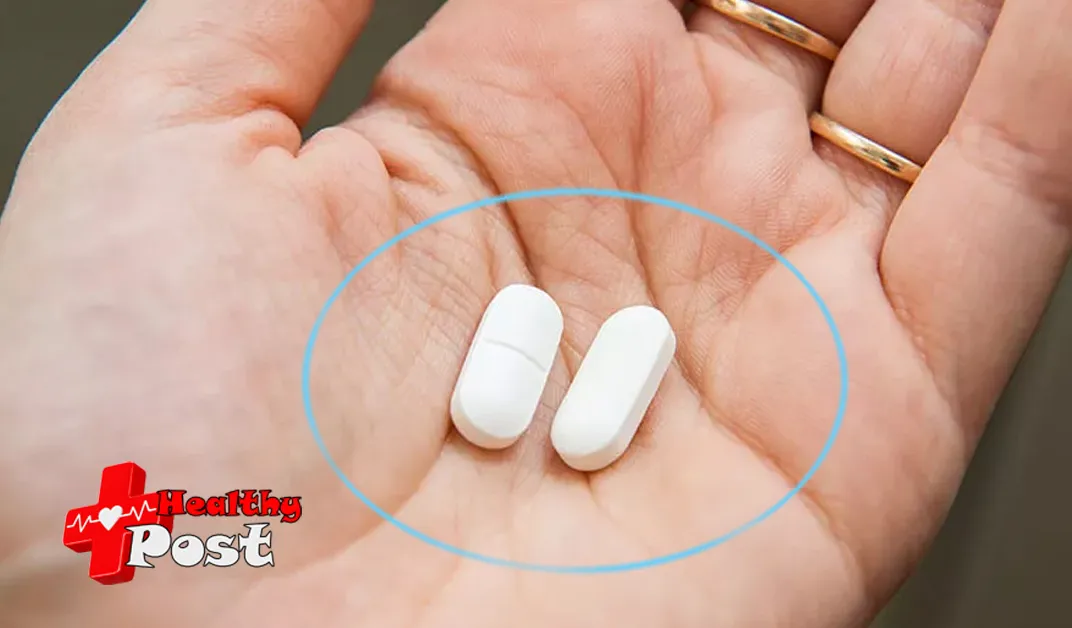
Can You Take Ibuprofen 2 Years After Gastric Sleeve Surgery? What You Need to Know
Ouch! That nagging back pain is back. You reach for the ibuprofen, but then you pause. You remember your gastric sleeve surgery. Is it still off-limits? In this artcle we discus one question that can you take ibuprofen 2 years after gastric sleeve.
Gastric sleeve surgery helps people lose weight. It shrinks the stomach, changing how you digest food and absorb medication. Ibuprofen, a common pain reliever, might not be a good mix after this surgery. This article answers the big question: Can you take ibuprofen two years post-op? Let’s dive in!
Understanding Gastric Sleeve Surgery and Its Long-Term Effects
Gastric sleeve surgery removes a big part of your stomach. The remaining section is shaped like a sleeve. This smaller stomach holds less food, helping you feel full faster. It also means food and medications are absorbed differently.
How Gastric Sleeve Alters Digestion
A smaller stomach means less surface area for absorption. Medicines like ibuprofen might not dissolve as well. This can affect how much gets into your bloodstream. It also changes the way your body handles NSAIDs such as ibuprofen. This is super important.
Potential Long-Term Complications After Gastric Sleeve
Gastric sleeve can lead to problems like ulcers. Marginal ulcers, which form where the sleeve connects to the intestine, are also a concern. Ibuprofen can make these issues worse. It is essential to understand the risks.

The Risks of Ibuprofen After Gastric Sleeve
Ibuprofen belongs to a group of drugs called NSAIDs. These drugs can irritate the stomach lining. After gastric sleeve, your stomach is more vulnerable. Let’s explore the specific risks.
Gastrointestinal Bleeding and Ulcer Formation
Ibuprofen blocks prostaglandins. These substances protect the stomach lining. Without them, acid production increases. After a gastric sleeve, the stomach is smaller and more sensitive. This ups the risk of bleeding and ulcers.
NSAID-Induced Gastropathy
NSAID-induced gastropathy is damage to the stomach and intestines caused by NSAIDs. Symptoms include stomach pain, nausea, and even vomiting blood. Keep an eye out for these signs. Contact your doctor if you feel these effects.
Impact on Anastomotic Sites
If your surgery included a bypass, an anastomotic site connects your stomach to your small intestine. Ibuprofen can harm this connection. It may increase the risk of leaks or other complications. That’s why caution is critical.
Is It Safe to Take Ibuprofen 2 Years Post-Gastric Sleeve?
So, can you take ibuprofen after two years? The short answer is: maybe, but proceed with caution. It varies from person to person. Always check with your doctor first.
Factors Influencing Ibuprofen Tolerance
How well you’ve healed is a factor. Pre-existing conditions play a role. If you follow your post-op diet, it can help. Some people may tolerate ibuprofen better than others.
Consulting Your Doctor: A Necessary Step
Talk to your bariatric surgeon or primary care doctor. They know your medical history. They can assess your risk and recommend the safest options. Never take ibuprofen without their approval.
Safer Alternatives to Ibuprofen for Pain Relief
Don’t worry, you’re not stuck suffering! Several safer options exist for pain relief after gastric sleeve. Here are some alternatives.
Acetaminophen (Tylenol)
Acetaminophen works differently than ibuprofen. It is usually safer for gastric sleeve patients. Stick to the recommended dosage. Don’t exceed the limit.
Non-Pharmacological Pain Management Techniques
Physical therapy can work wonders. Cold or heat therapy can soothe sore muscles. Massage and acupuncture are other options. Consider these drug-free approaches.
Prescription Pain Relievers
Your doctor might prescribe other pain relievers. These are designed to be gentle on your stomach. Only use these under medical supervision.
What To Do If You Accidentally Take Ibuprofen
Oops! You accidentally took ibuprofen. Now what? Don’t panic. Here’s what to do.
Monitoring for Symptoms
Watch for abdominal pain. Check for black stools. These could signal GI bleeding or ulceration. Be vigilant.
Seeking Medical Attention
If you experience severe pain or bleeding, seek medical help immediately. Don’t delay. It’s better to be safe than sorry.
Conclusion
Ibuprofen can be risky after gastric sleeve surgery. It raises the risk of gastrointestinal issues. Every person tolerates it differently. Always consult your doctor before taking it, even years later. Prioritize safer pain relief methods instead. Share this article and consult your doctor for personalized advice.

One thought on “Can You Take Ibuprofen 2 Years After Gastric Sleeve Surgery? What You Need to Know”